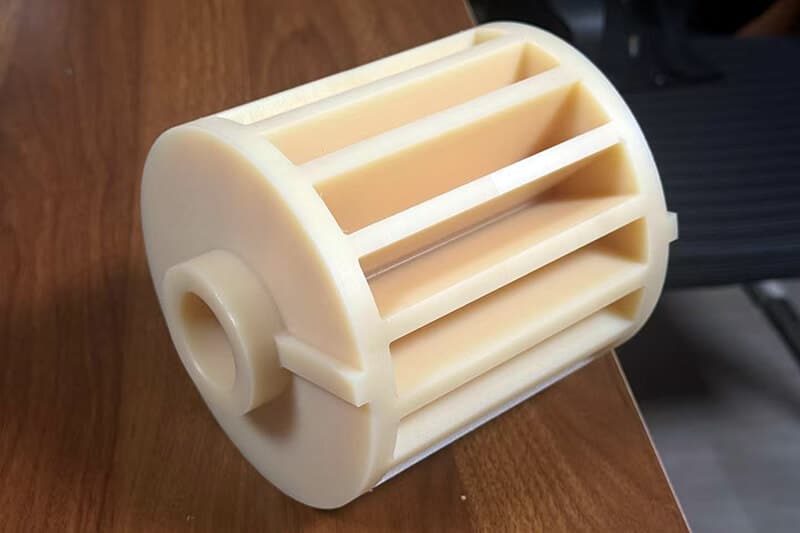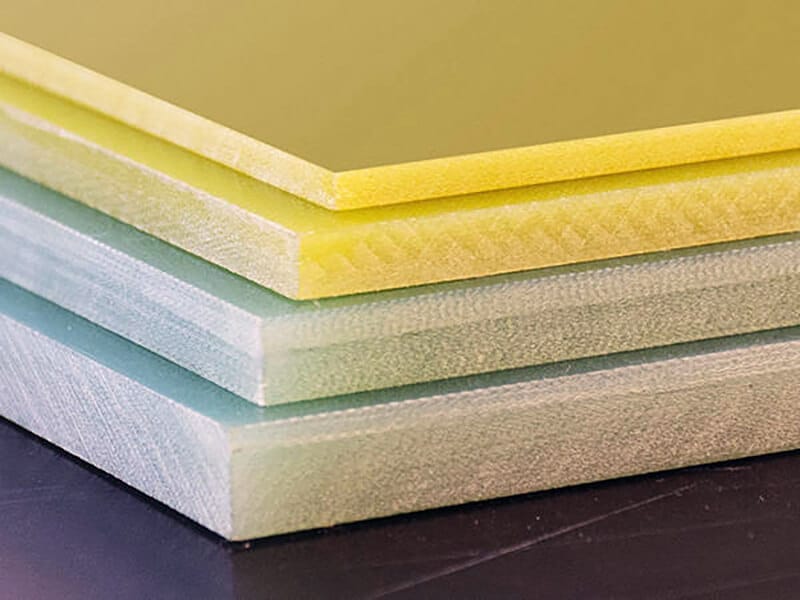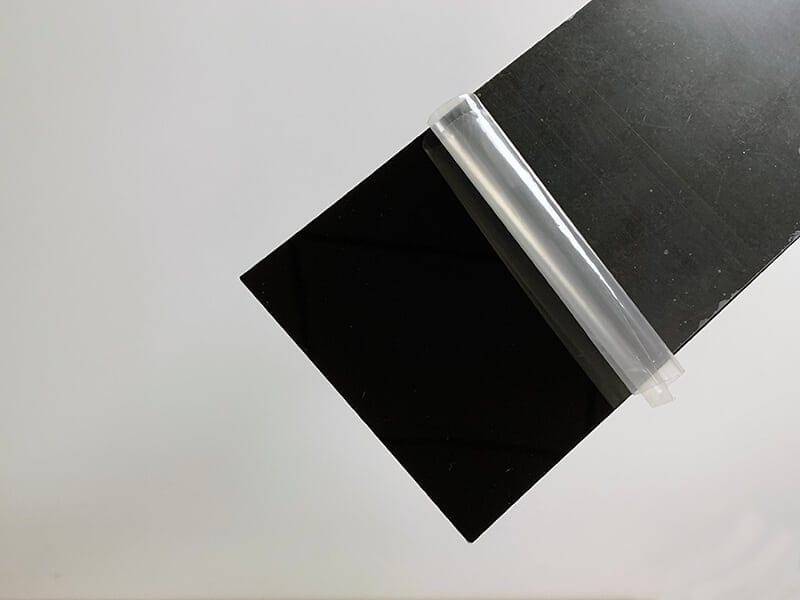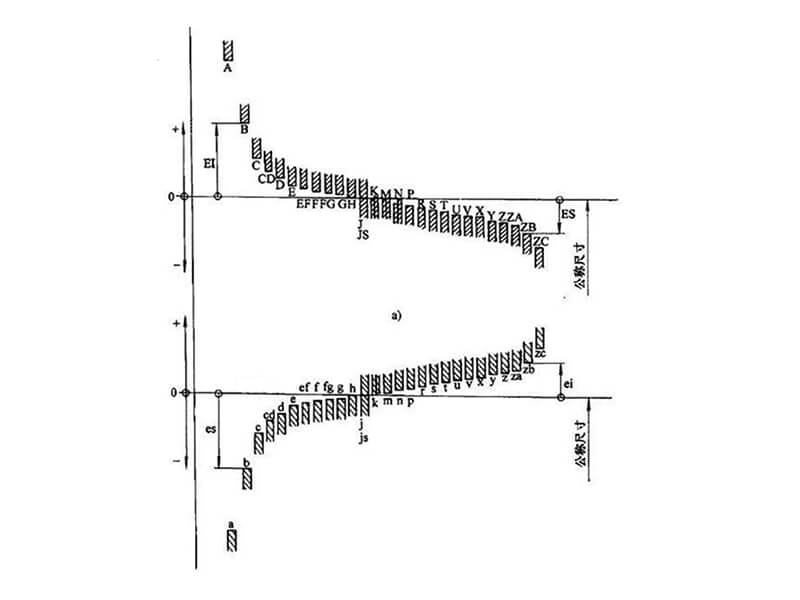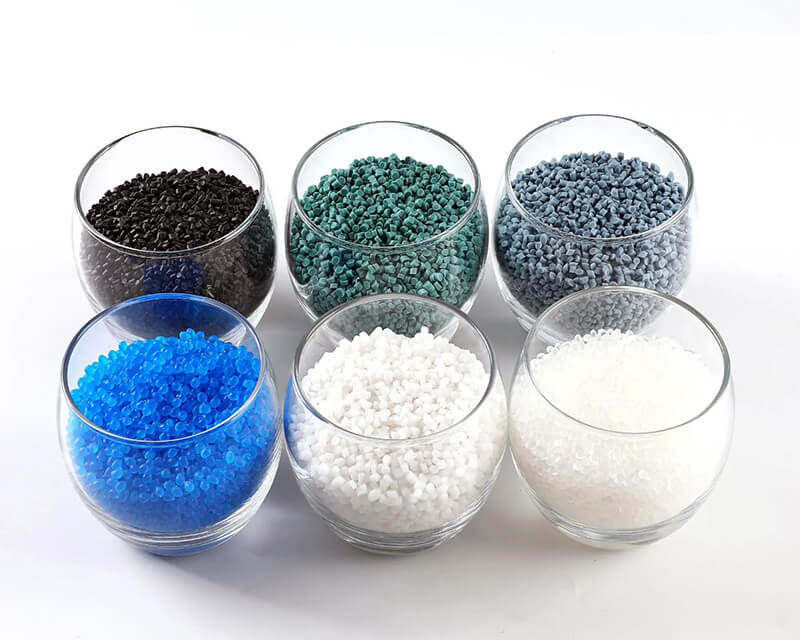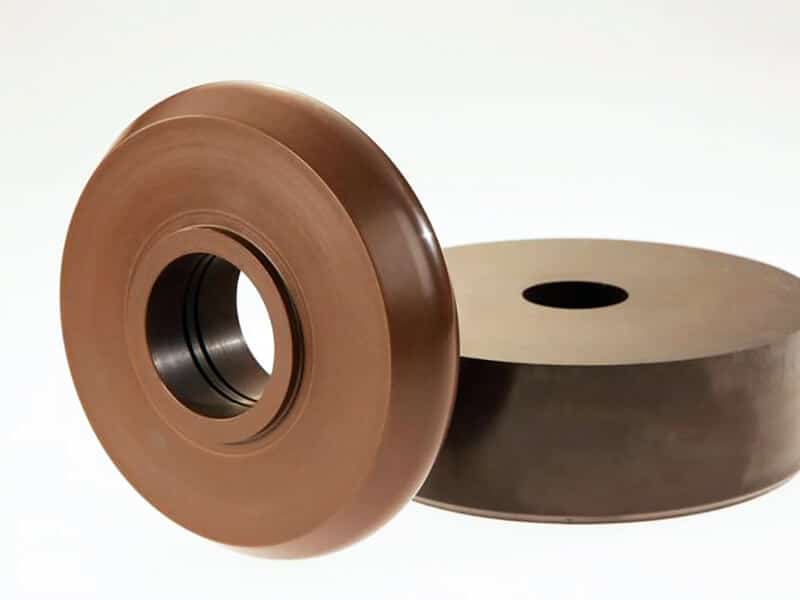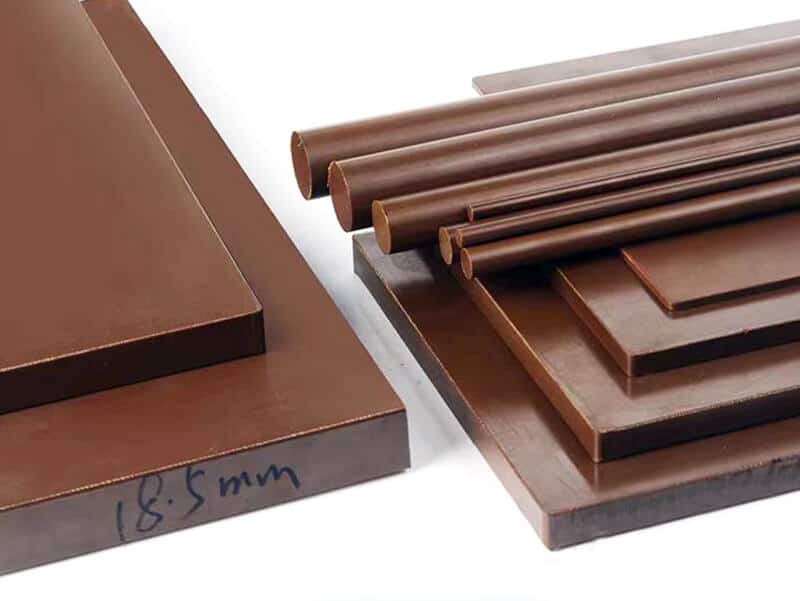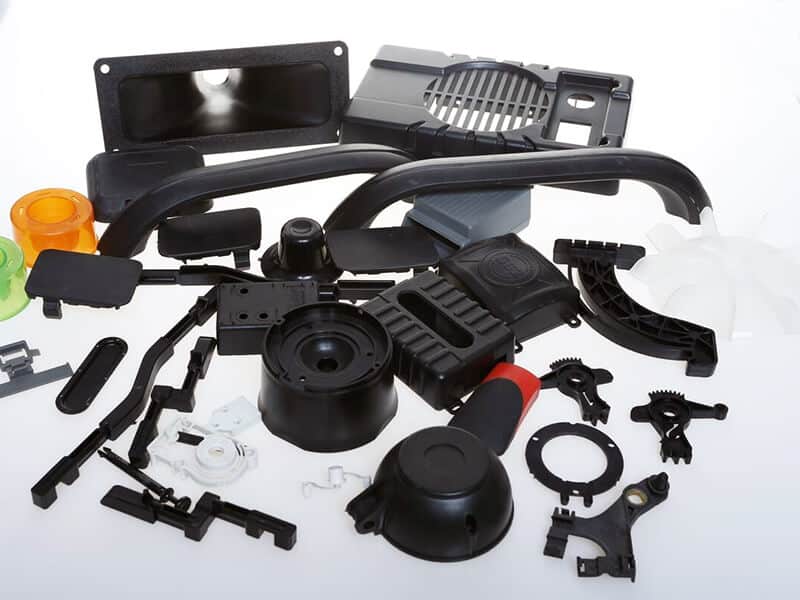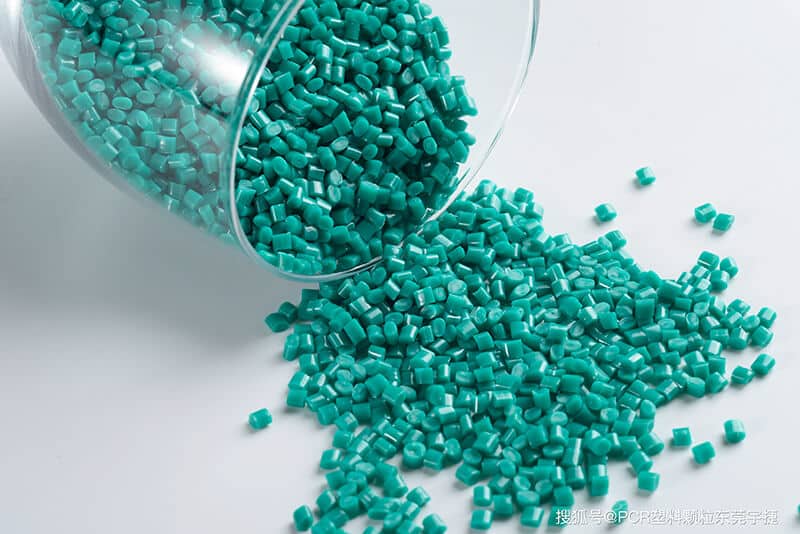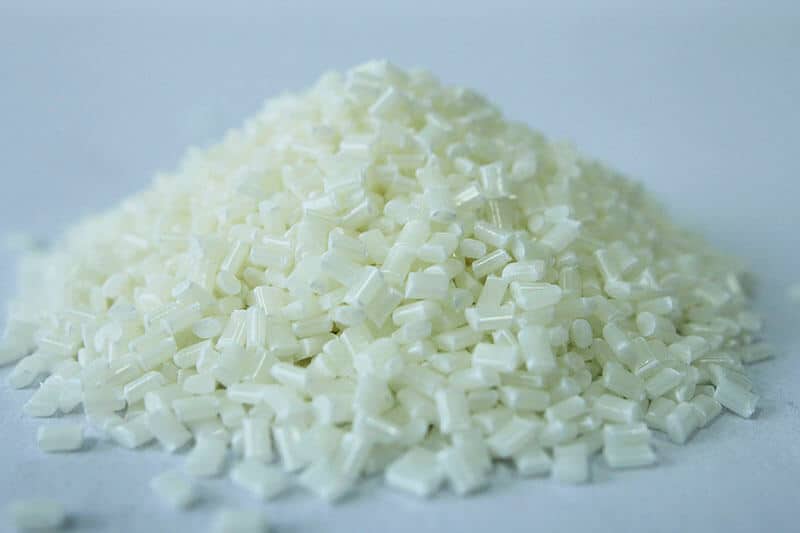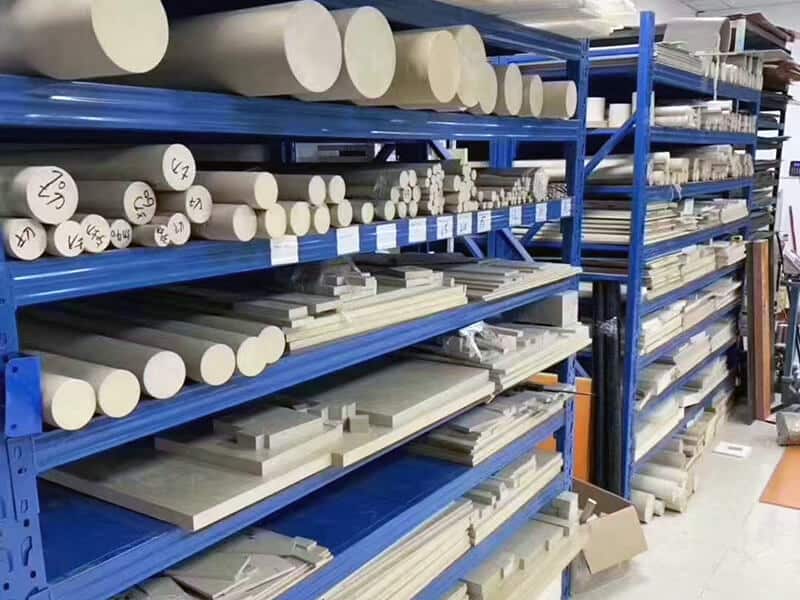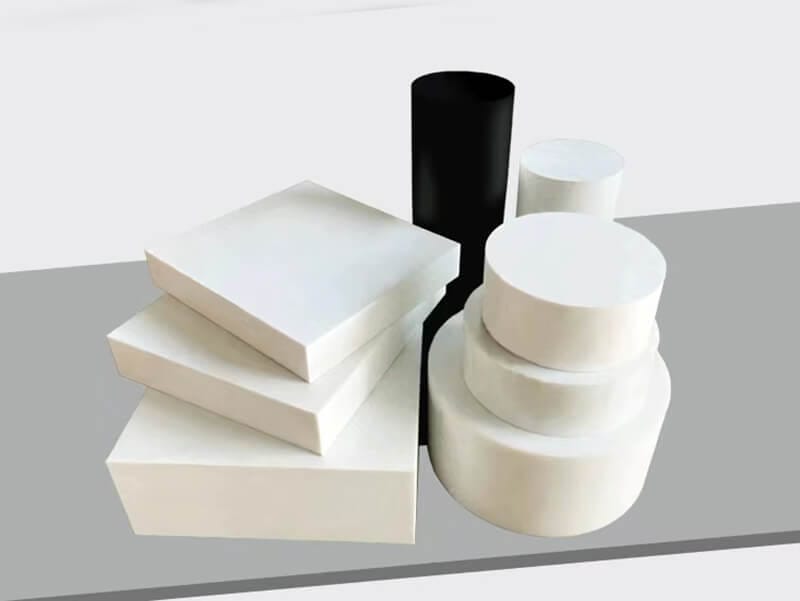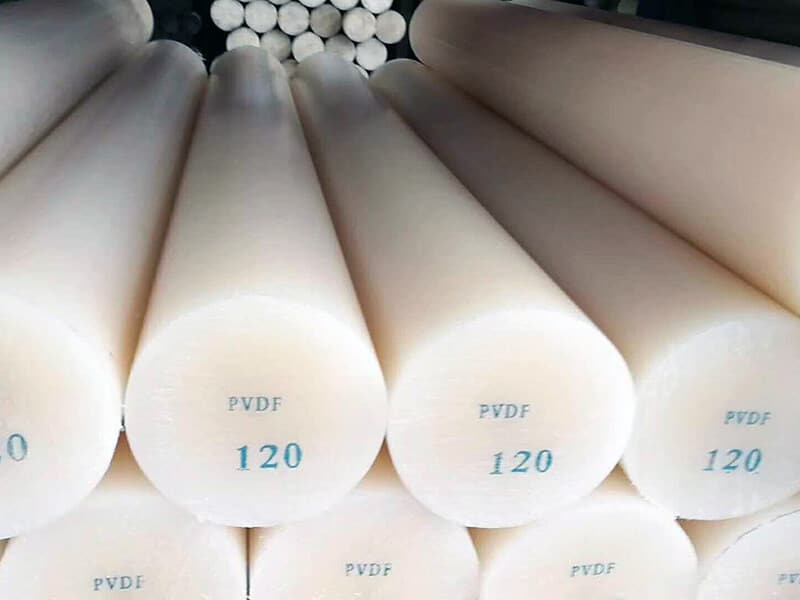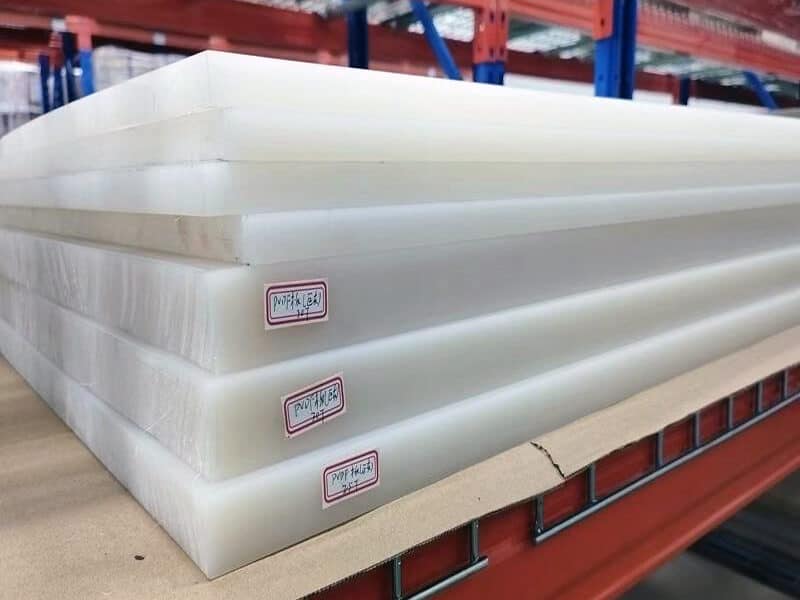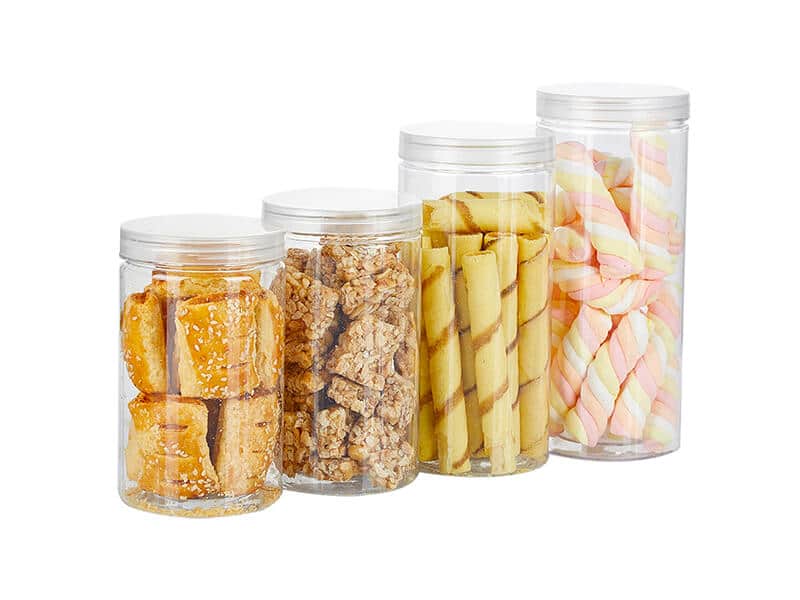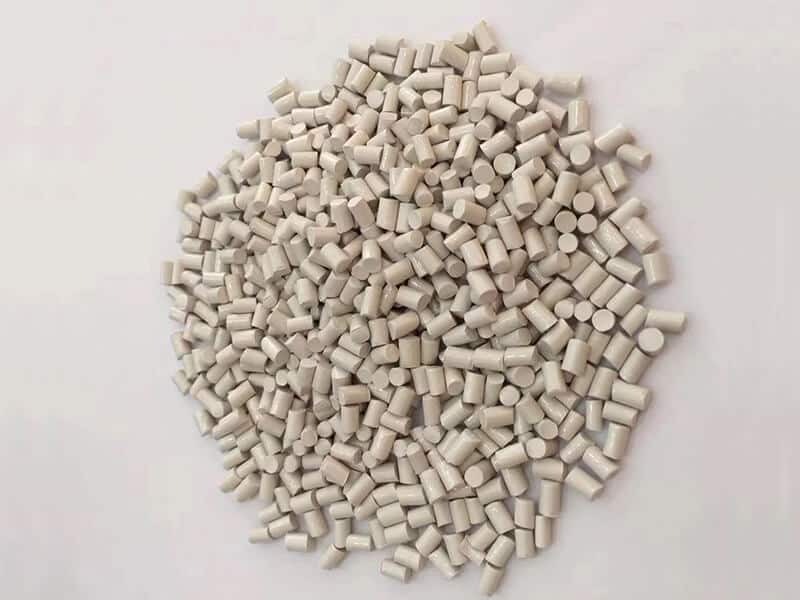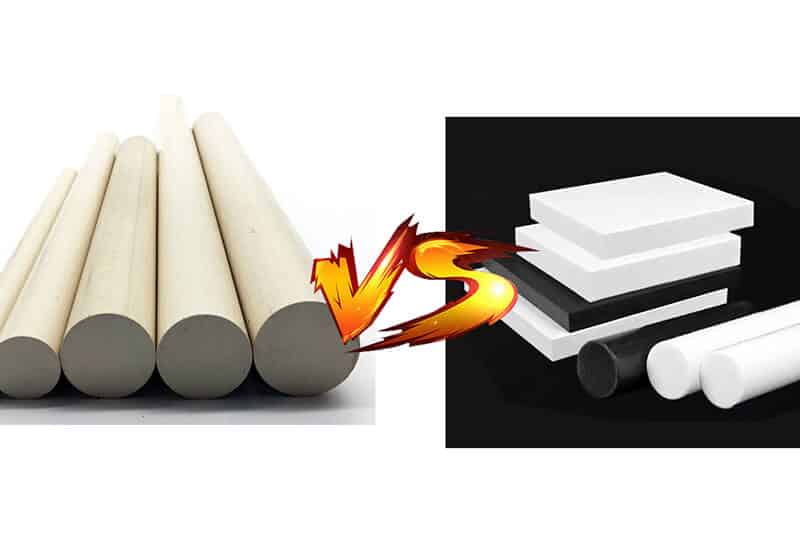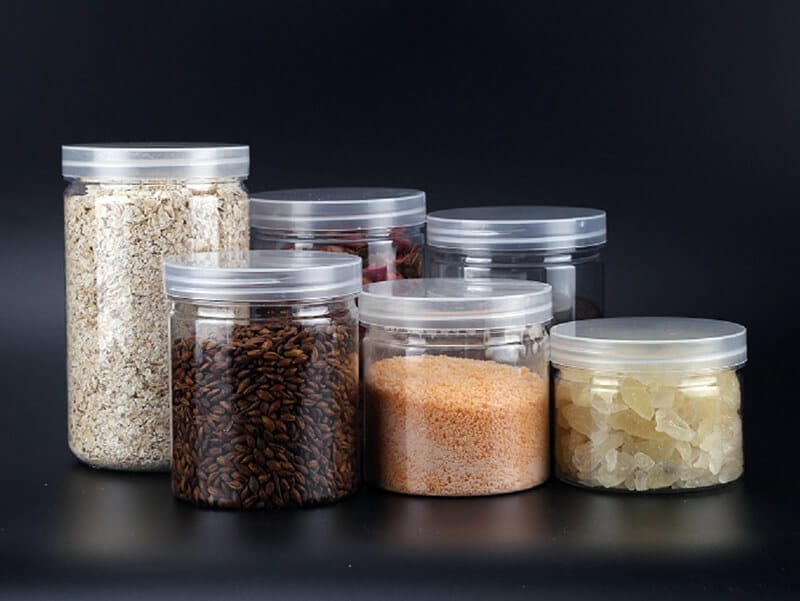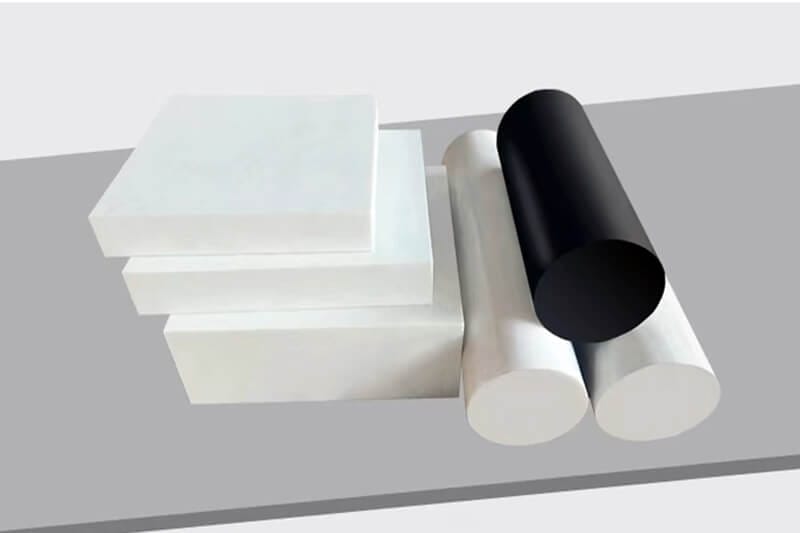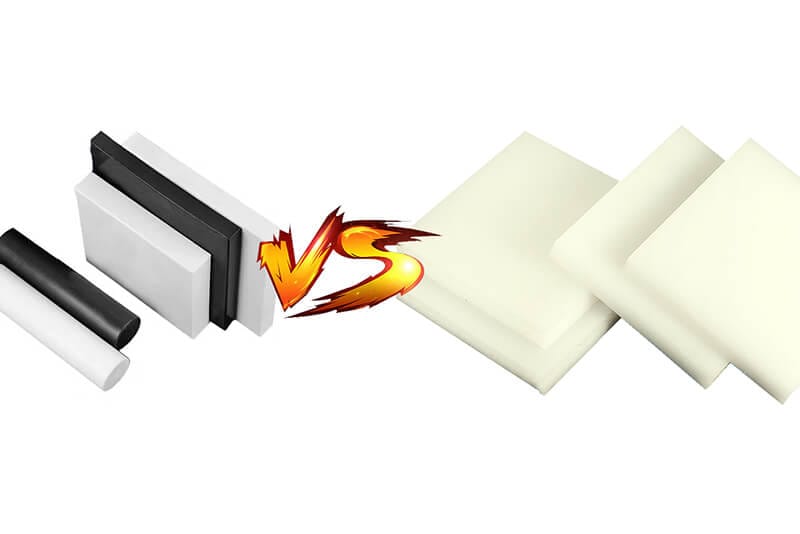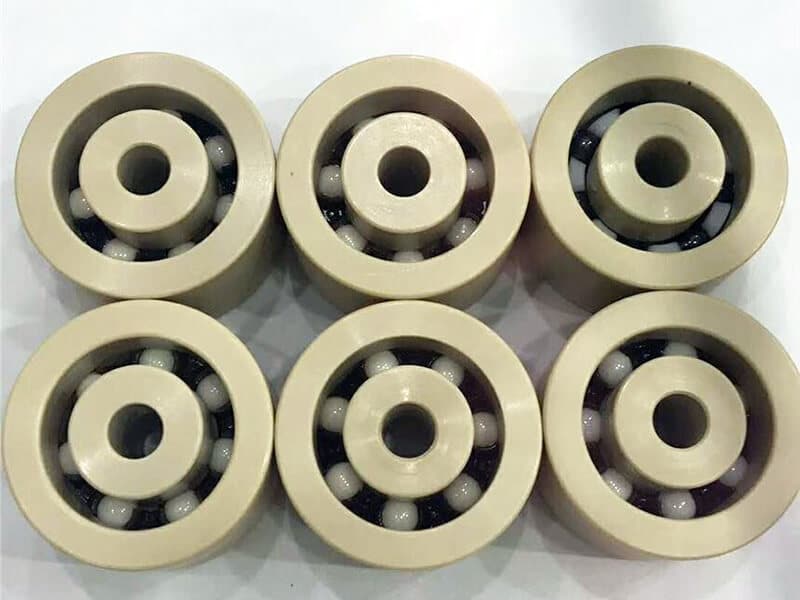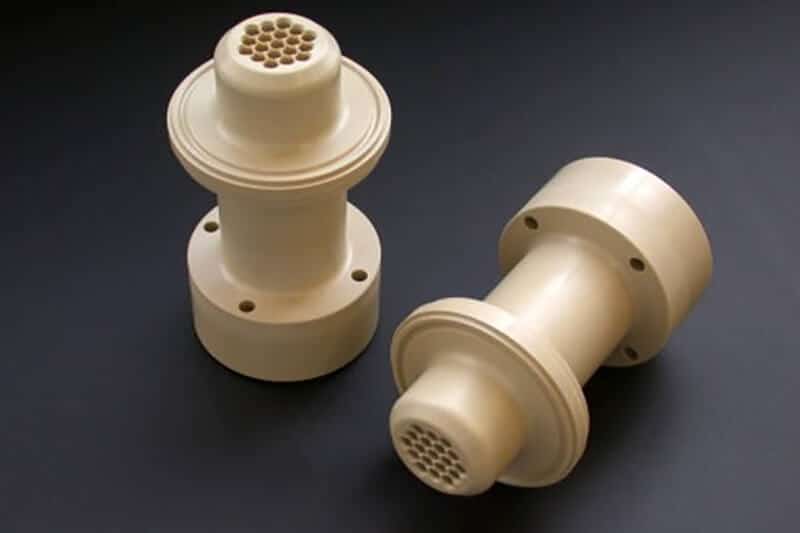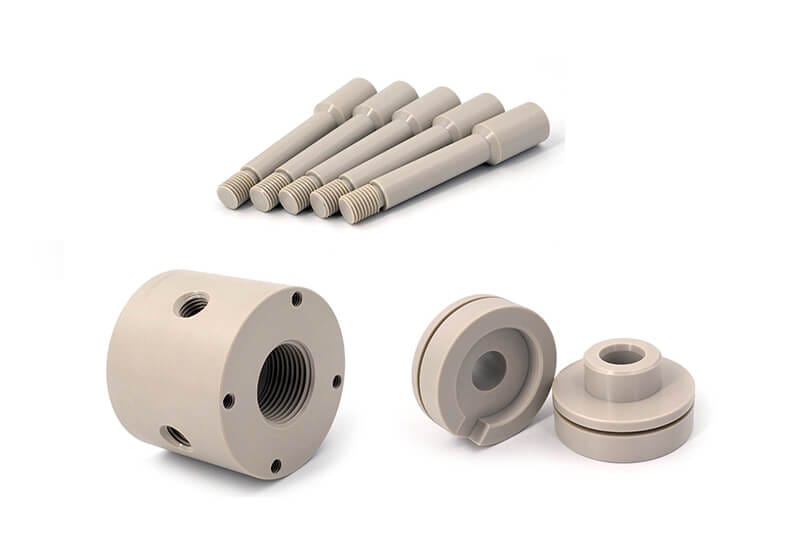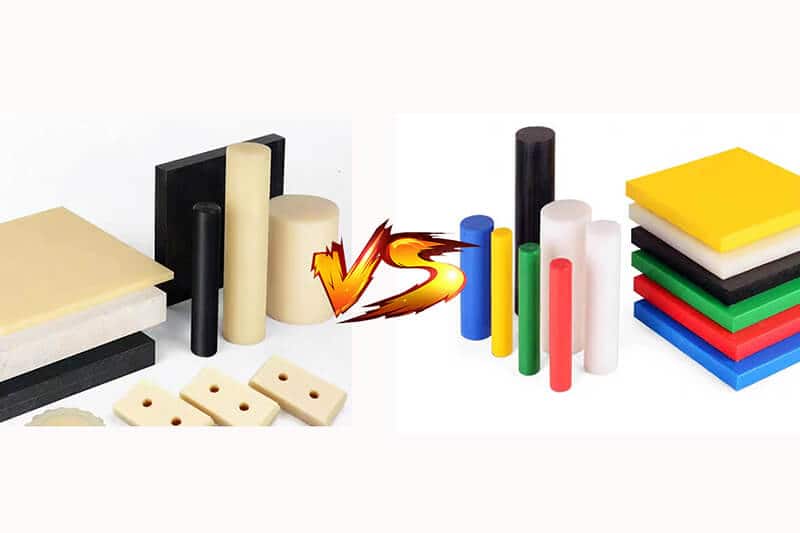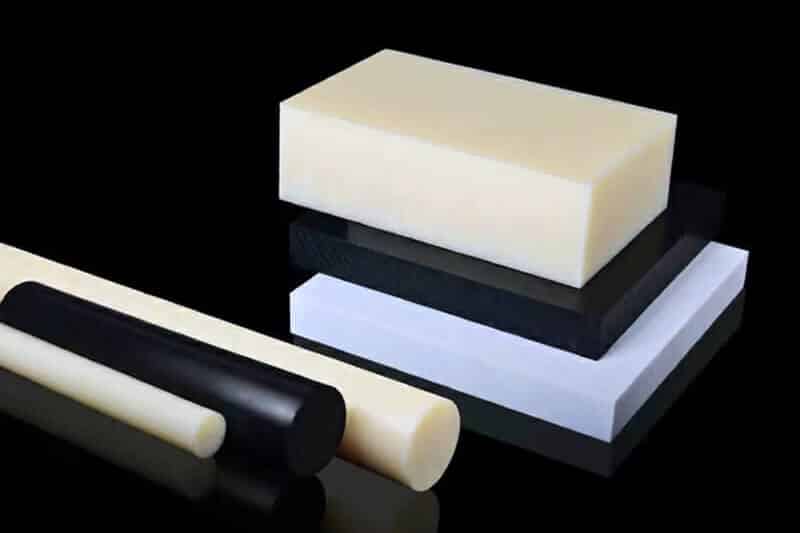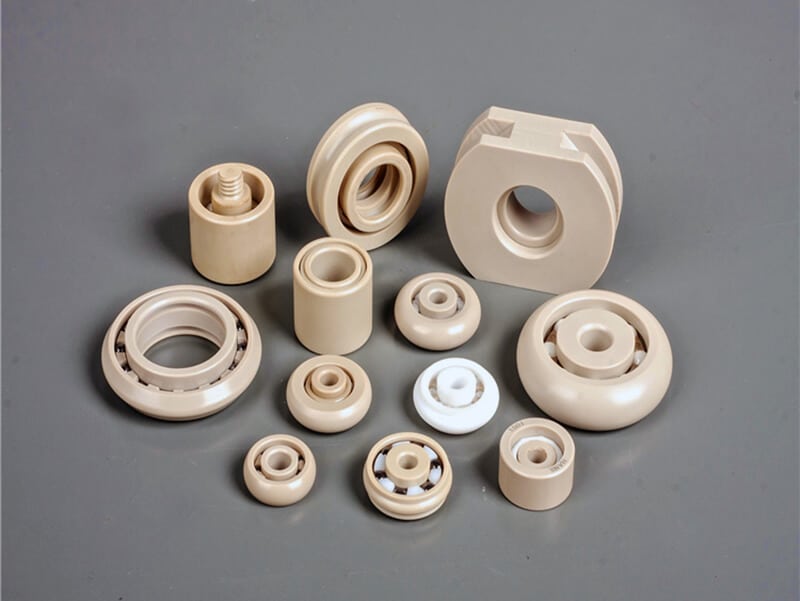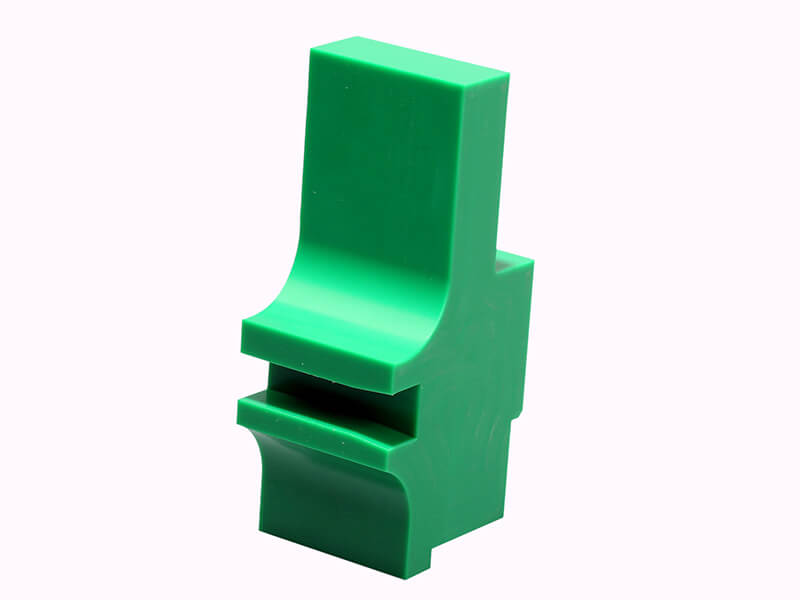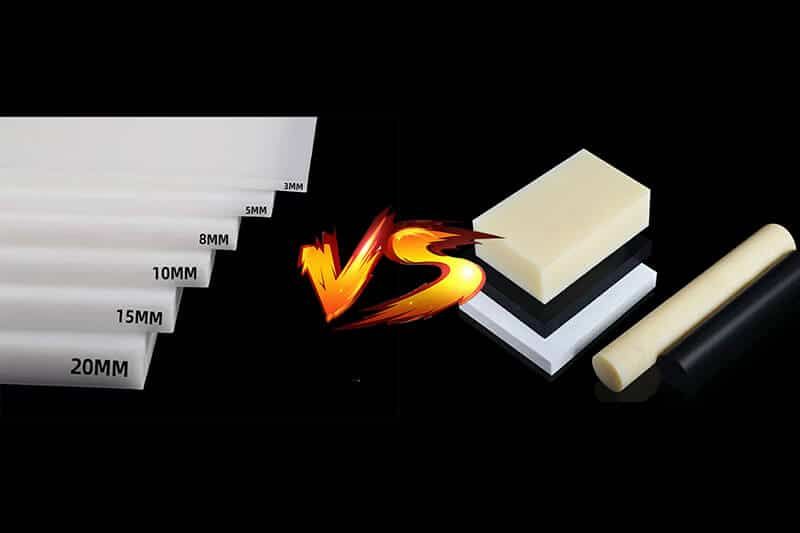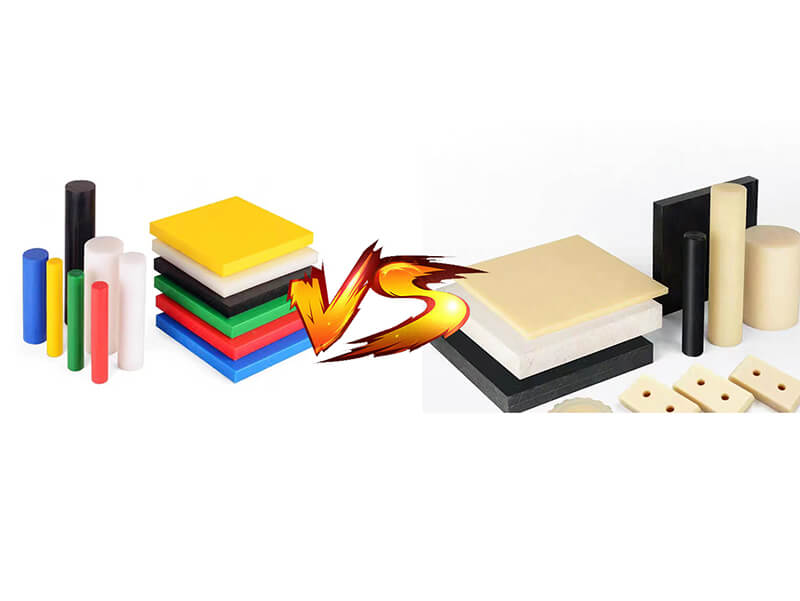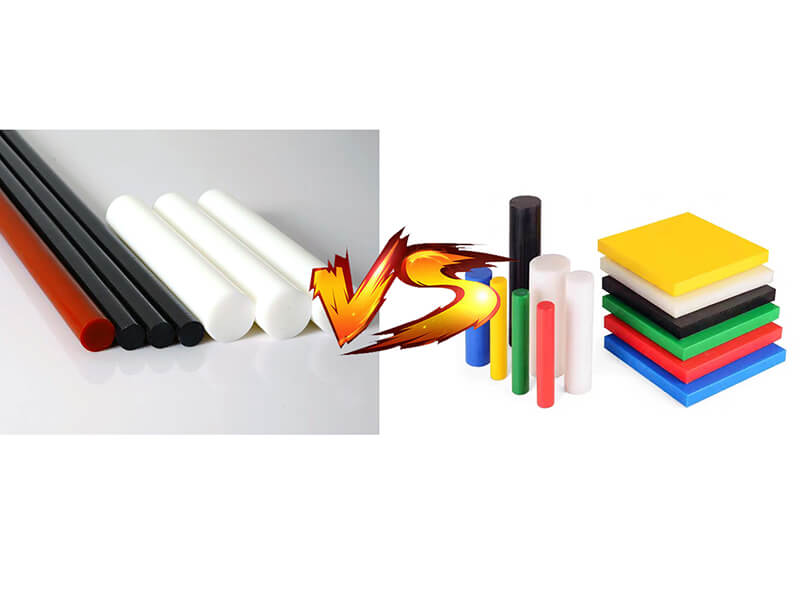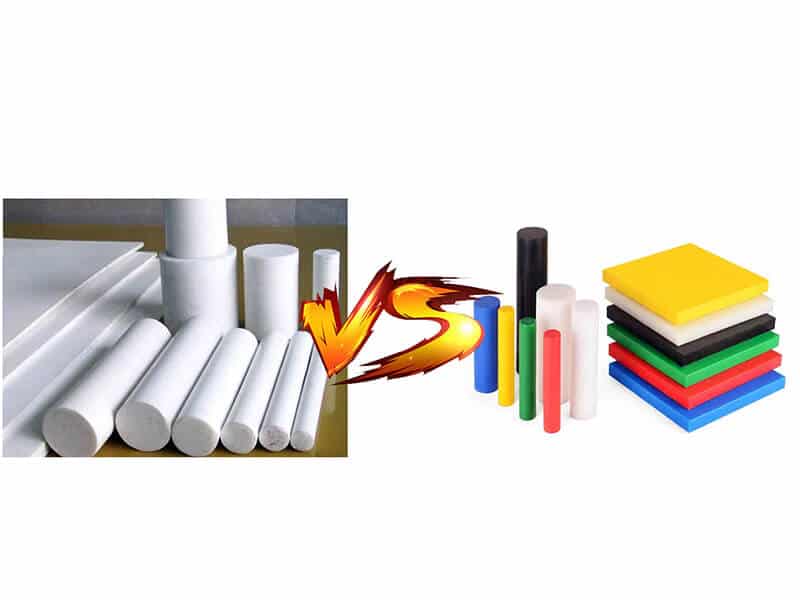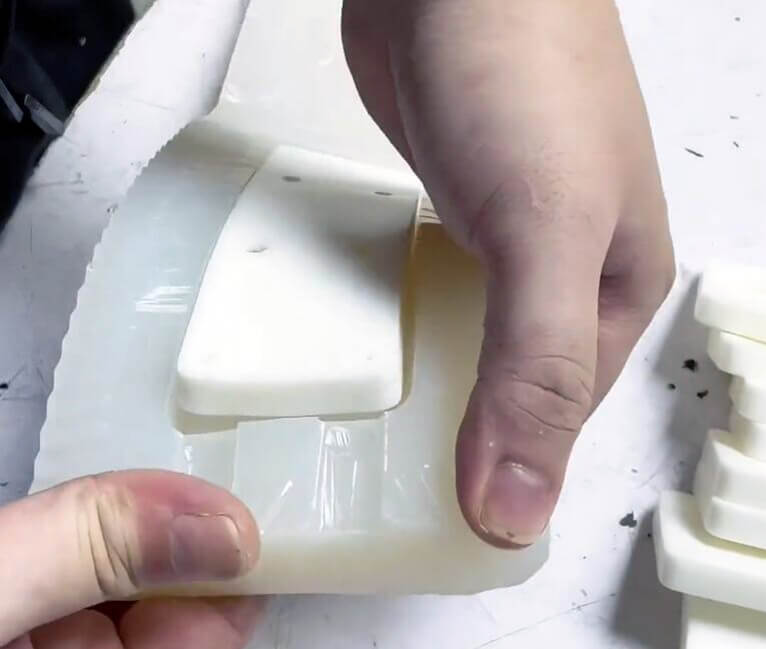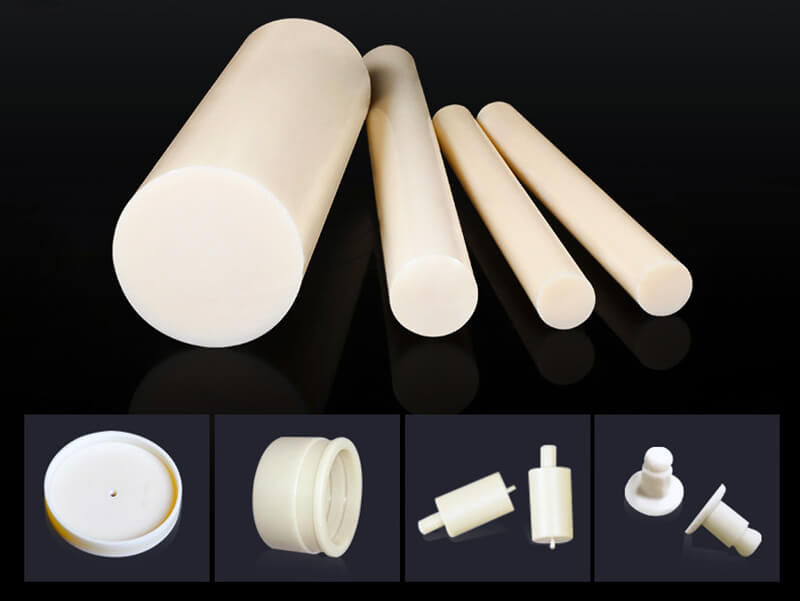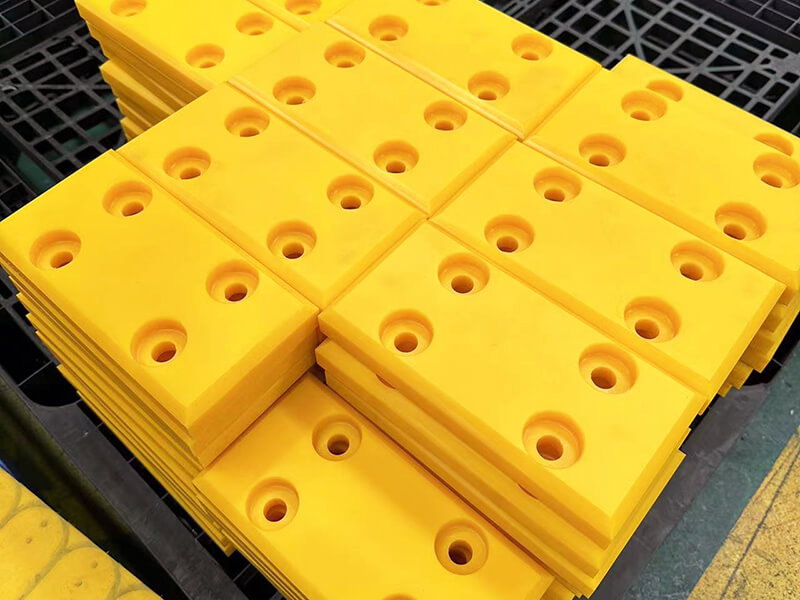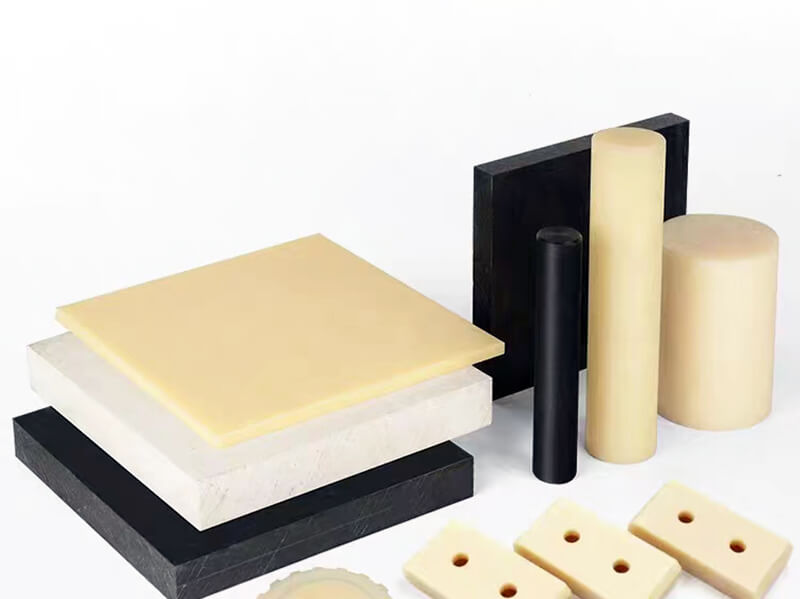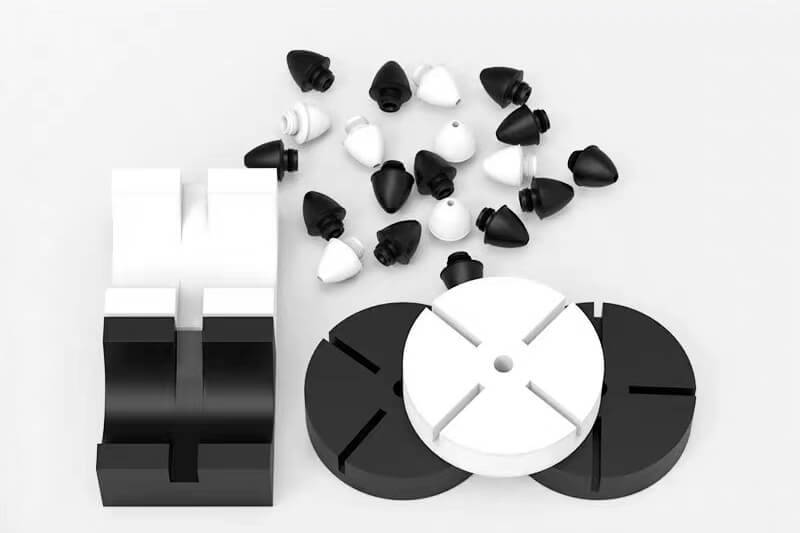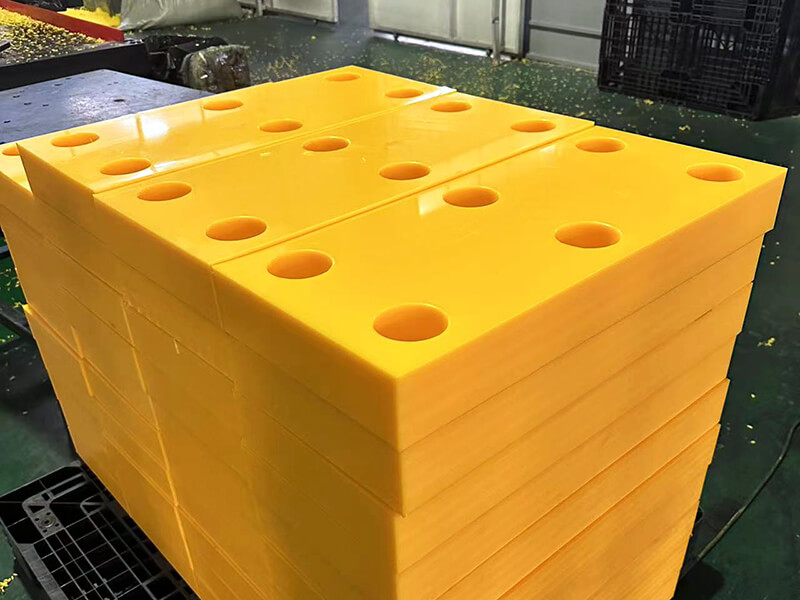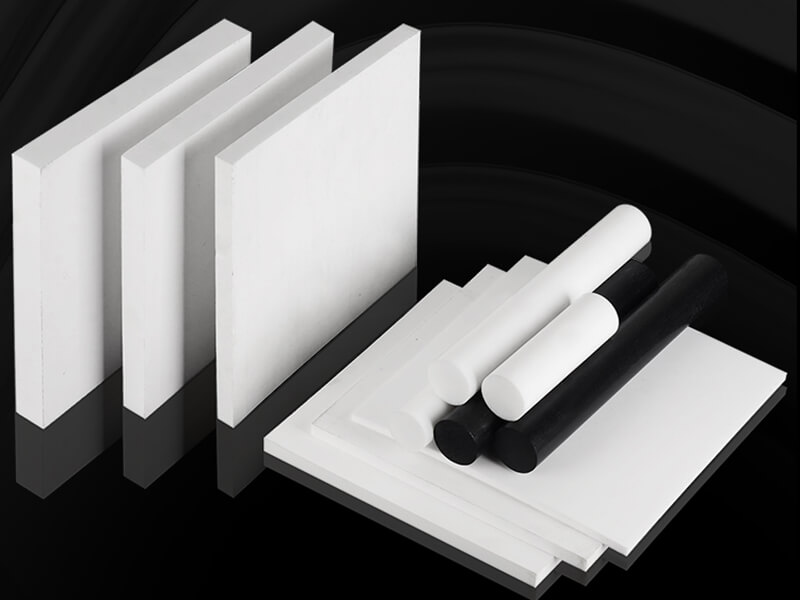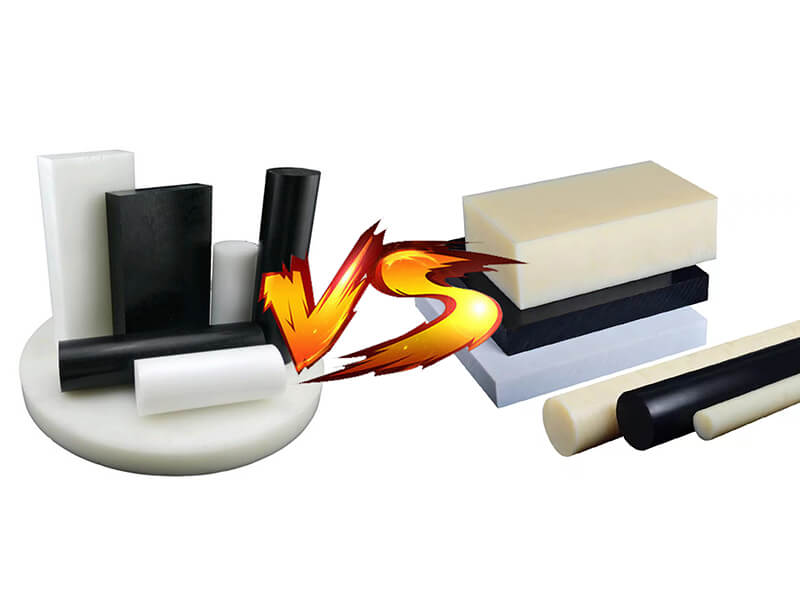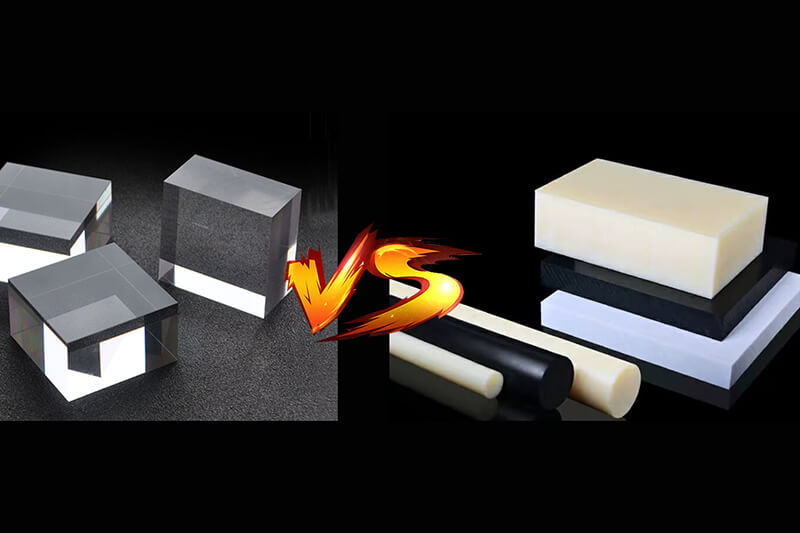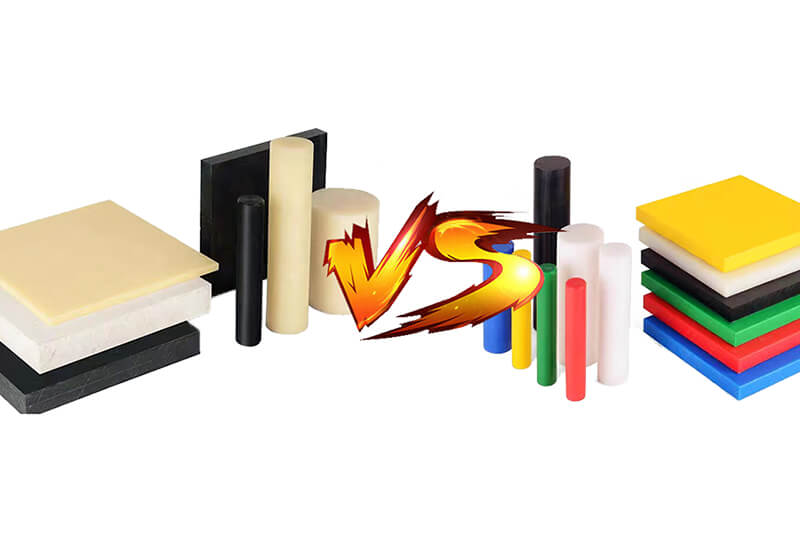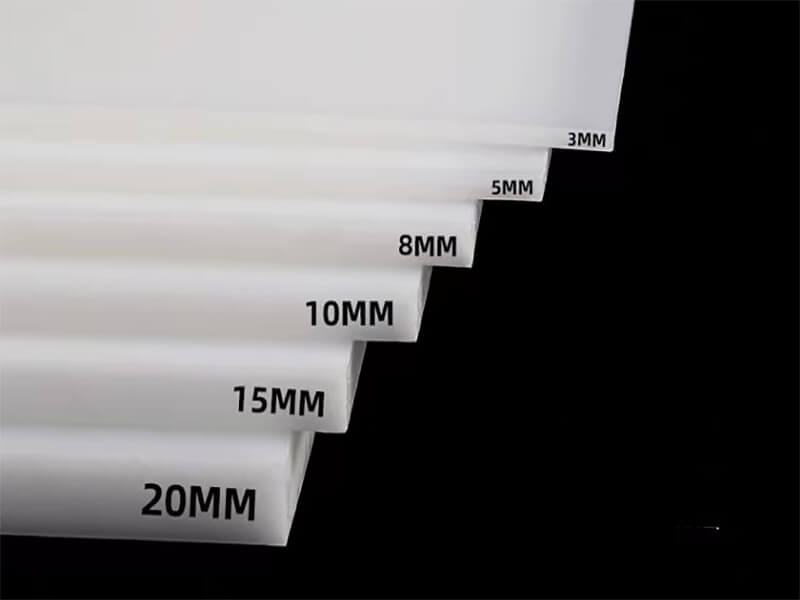How to Calculate the Weight of Plastic?
Your go-to resource for understanding plastic weights. Elevate your material knowledge with our insightful guide.

what is the Weight of Plastic
It is essential to weigh the plastic for various reasons. Plastic weighting is necessary to determine how many additives need to be added, achieve compliance with regulations or standards that necessitate specific weight requirements, increase plastic product’s integrity or appearance, and so on. The measurement of raw plastic weight varies based on the mathematical formula.
Here, the weight measurement counts mass and the acceleration of gravity. To elaborate, the amount of stuff or mass remains the same regardless of location. So, if an astronaut weighs 100 kg on Earth, they still have that same amount of stuff on the moon. But what changes is the force pulling on that stuff, which we call weight.
This force is linked to gravity and can be described by the following equation: “Weight is equivalent to the mass of the plastic component multiplying the gravity acceleration. For example, if a plastic component’s mass is 70 Kg, its weight will be 686.7 N.”
How Do You Calculate the Weight of Plastic?
The first step in calculating a plastic sheet’s weight is to find its volume. After multiplying the length, width, and thickness, the volume needs to be multiplied by the density to get the mass.
To get the mass, the value needed to be multiplied by the Earth’s gravity, which is 9.8 m / s2.
For example, if you have a plastic sheet whose length X width X thickness = 6 mm X 500 mm X 700 mm = 2,100,000 cubic millimeters ~~ 2100 cubic centimeters.
The plastic material is polyethylene, whose density is 0.93g/cm³. The mass = 2100 cubic centimeters X 0.93g/cm³ = 11,953 grams = 1.953 KG.
Weight = 1.953 KG X 9.8 m / s2 = 19.13 N
Weight Measurement Process of Some Prominent Plastics
In this section, we consider various plastic sheets to measure their weight and finally provide a rating in terms of weight. However, we consider each plastic sheet’s dimensions to be 10 mm long, 900 mm thick, and 600 mm wide.
ABS Plastic Sheet Weight Calculation
ABS is a type of plastic that’s tough and durable. Due to its properties, it’s used in various daily products, such as automotive, etc. Knowing its weight assists the manufacturers in making an informed decision regarding adding other additives, the requirements for quality improvement, etc. Below is the calculation of its weight:
Volume = 10 mm X 900 mm X 600 mm = 5,400,000 cubic millimeter = 5400 cubic centimeter
Mass = 5400 X 1.03 g/cm³ = 5,562 grams = 5.562 Kg
Weight = 5.562 Kg X 9.8 m / s2 = 54.50 N
Polycarbonate Sheet Weight Calculation
Polycarbonate sheets are used in construction, agriculture, automotive, and various industries, where their strength, transparency, and versatility are valuable.
Calculation of Polycarbonate Sheet’s weight.
Volume = 10 mm X 900 mm X 600 mm = 5,400,000 cubic millimeter = 5400 cubic centimeter
Mass = 5400 X 1.21 g/cm³ = 6,534 grams = 6.534 Kg
Weight = 6.534 Kg X 9.8 m/s2 = 64.033 N
HDPE Sheet Weight Calculation
HDPE plastic is essential across many industries and applications. This is because of its durability, versatility, chemical resistance, and recyclability. Knowing its weight is crucial for the manufacturers to produce products with appropriate portions of HDPE.
The following is the weight calculation of the HDPE sheet.
Volume = 10 mm X 900 mm X 600 mm = 5,400,000 cubic millimeter = 5400 cubic centimeter
Mass = 5400 X 0.955 g/cm³ = 5,157 grams = 5.15 Kg
Weight = 5.15 Kg X 9.8 m/s2 = 50.53 N
Tips to Measure the Weight of Plastic
Apply the tips below to measure the weight of a plastic component: sheet, block, roll, etc.
Conclusion
Weight is a very important property of plastic material because most engineers like materials with low weight and high strength. Meantime, cost is also essential. If you don’t know the best material and need a partner for your project, UVTECO, a leading supplier and expert in engineering plastic in China, will help you. Contact us now!
Related Blogs

Looking for a trustworthy Supplier
Need a Trustworthy Supplier of Plastic, Foam, Sponge, Rubber, Metal, and Machining Solution. Click the Button, We Will Be In Touch With You As Quickly As Possible.


